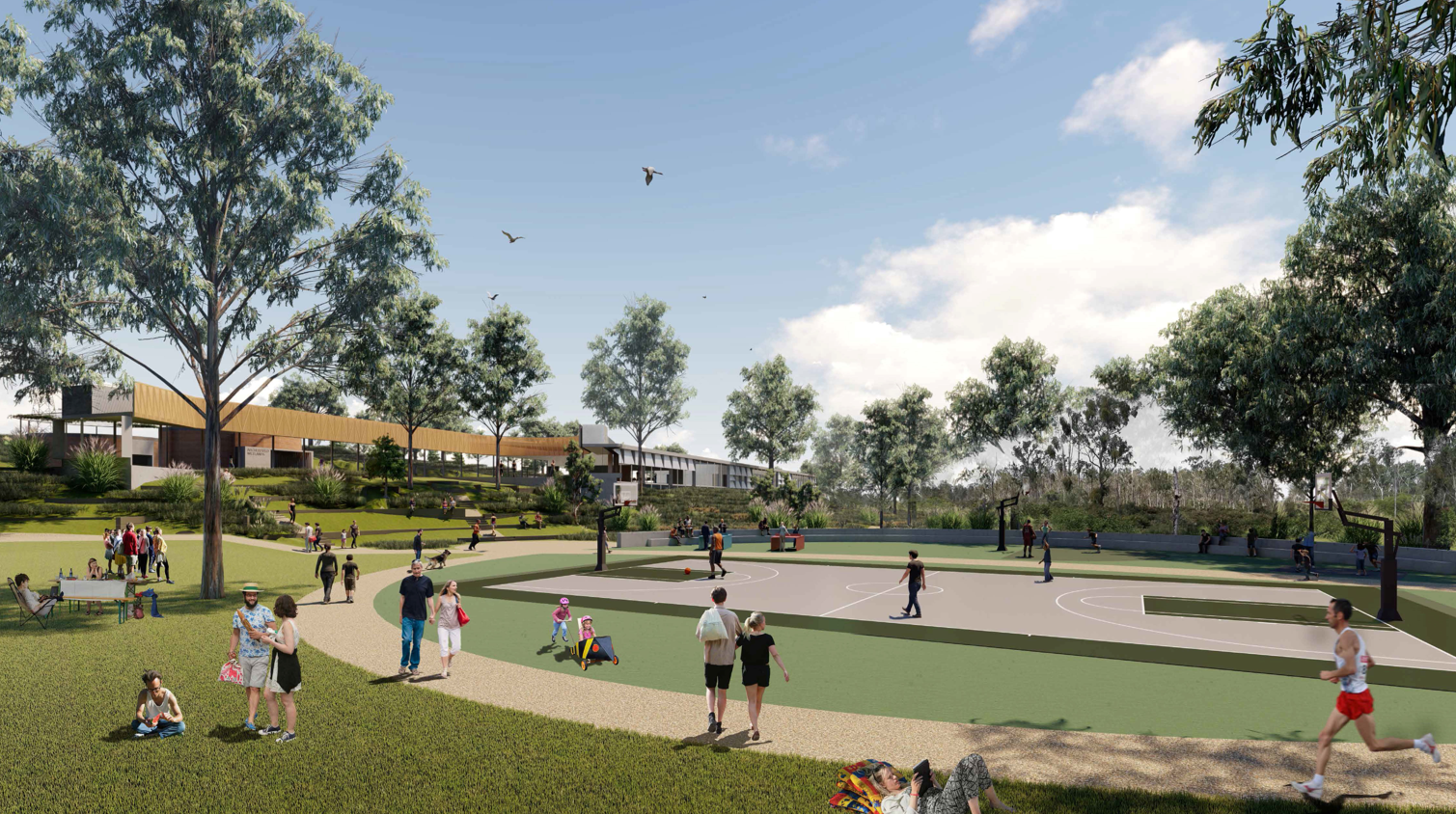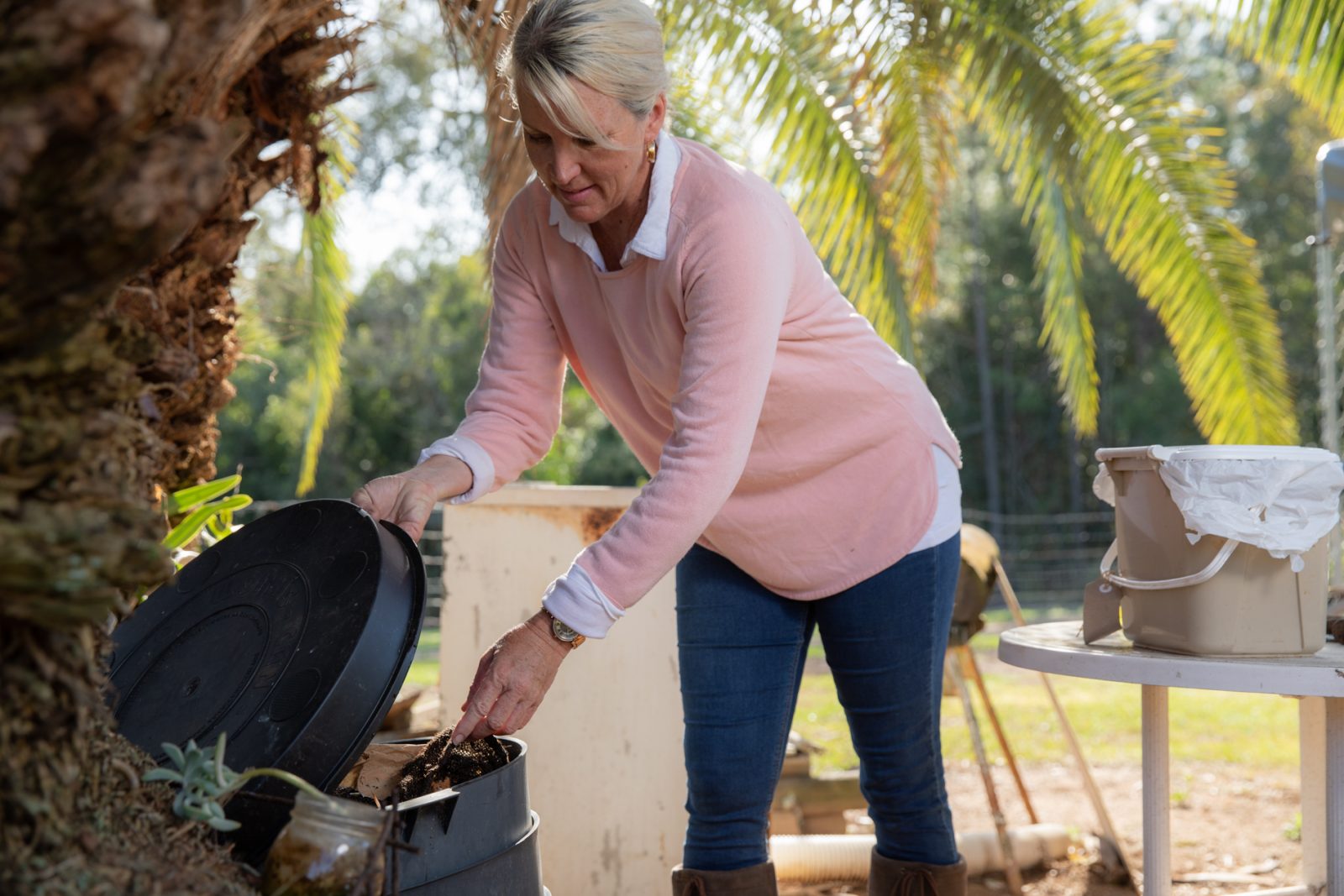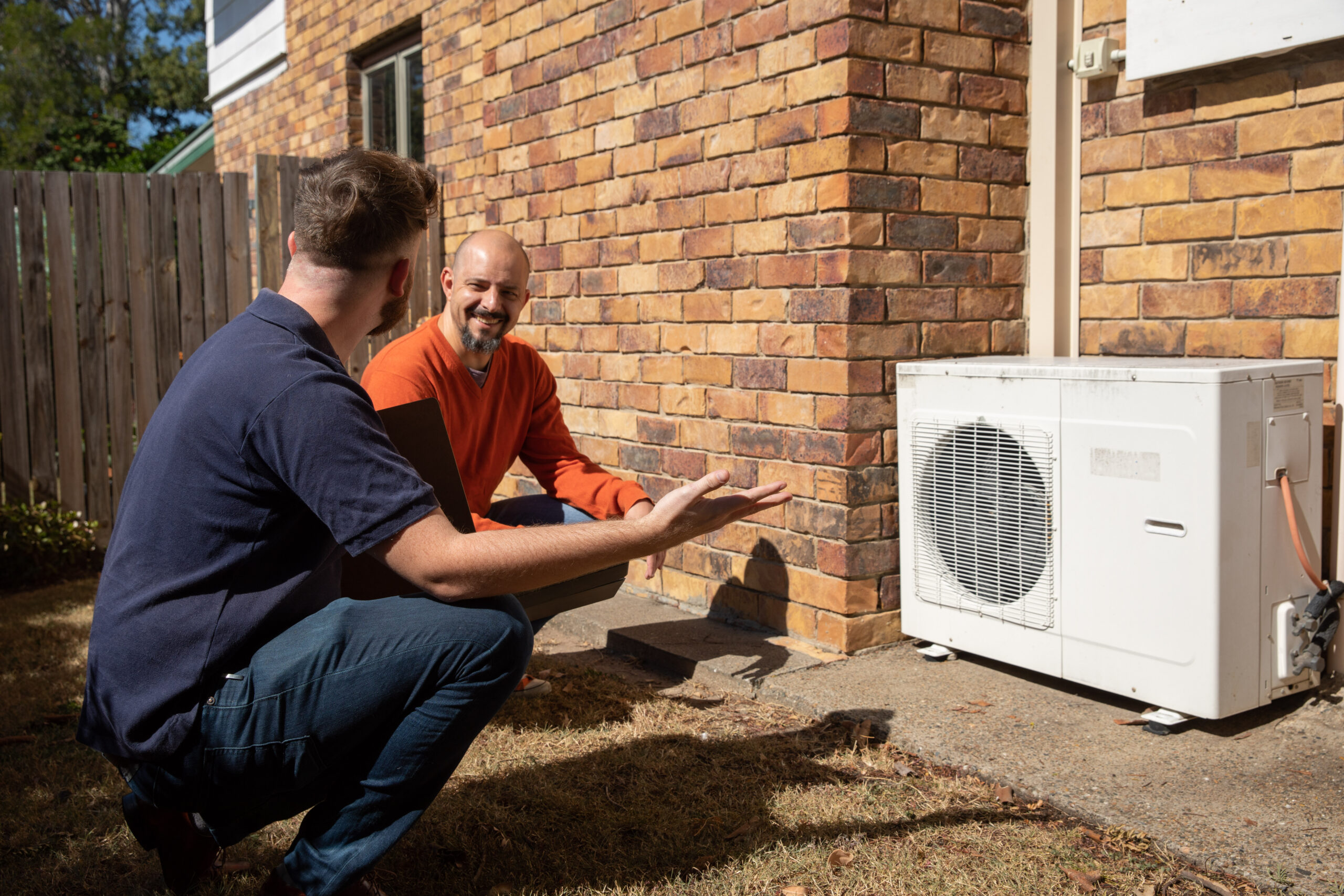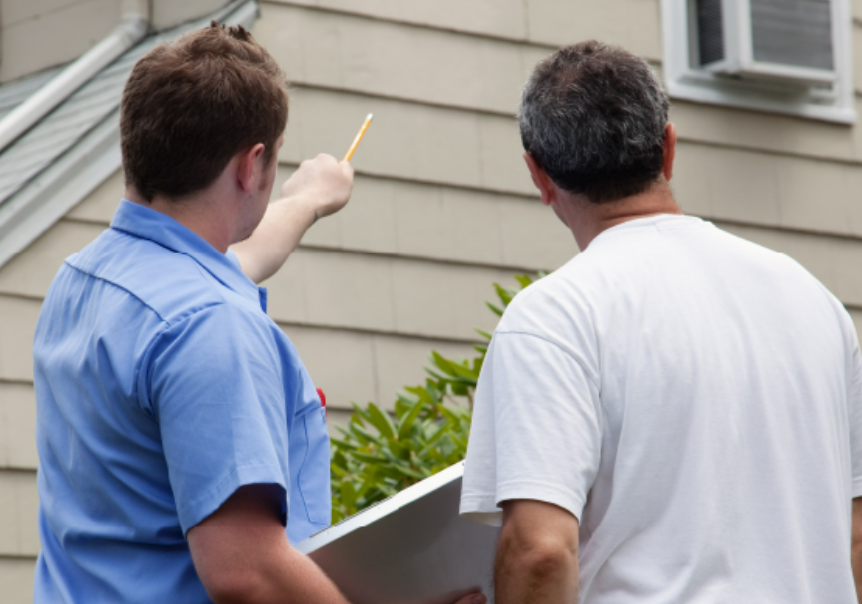The Hawken household
The story of a Brisbane Carbon Challenge champion household.
Household:
SINGLE
Dwelling:
APARTMENT
Ownership:
OWN
Total emissions reduction: 83%
Original emissions:
3.6 tonnes
Transport: 1.1 tonnes
Energy: 2.0 tonnes
Waste: 0.5 tonnes
Reduced emissions:
0.6 tonnes
Transport: 0.6 tonnes
Energy: 0 tonnes
Waste: 0.01 tonnes
About the household
Already starting the Brisbane Carbon Challenge with a low-emissions footprint (a third of the Brisbane average), Eliza Hawken was ready to see what could reduce her emissions even further. A career-focused professional living in a North Brisbane apartment, Eliza concentrated on a series of small and consistent steps across all three focus areas – transport, energy and waste – leading to significant cost and emissions savings.
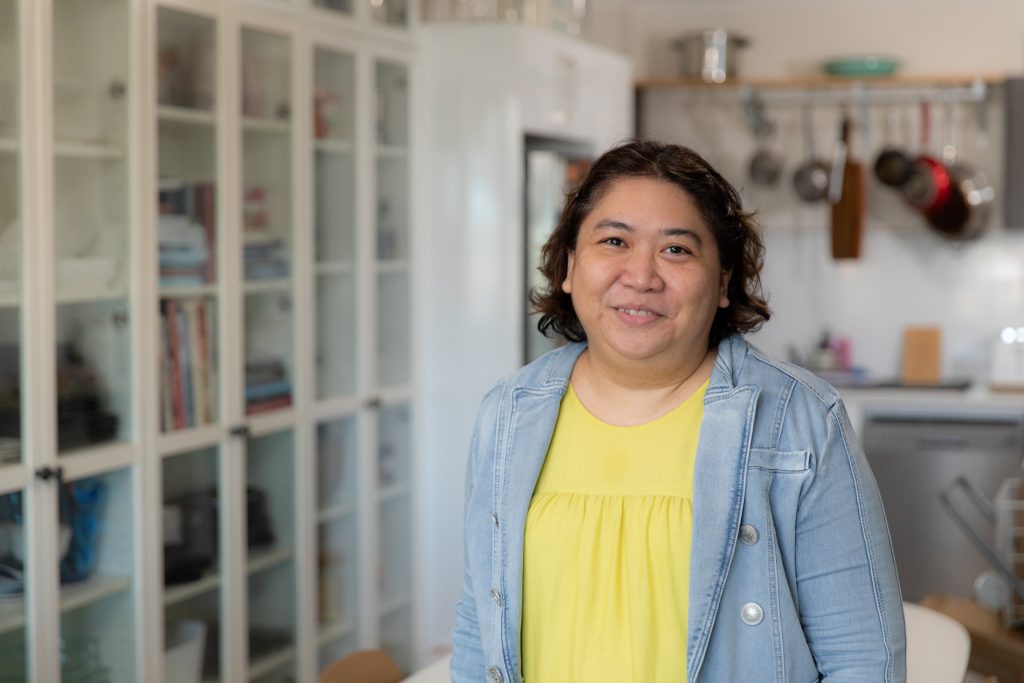
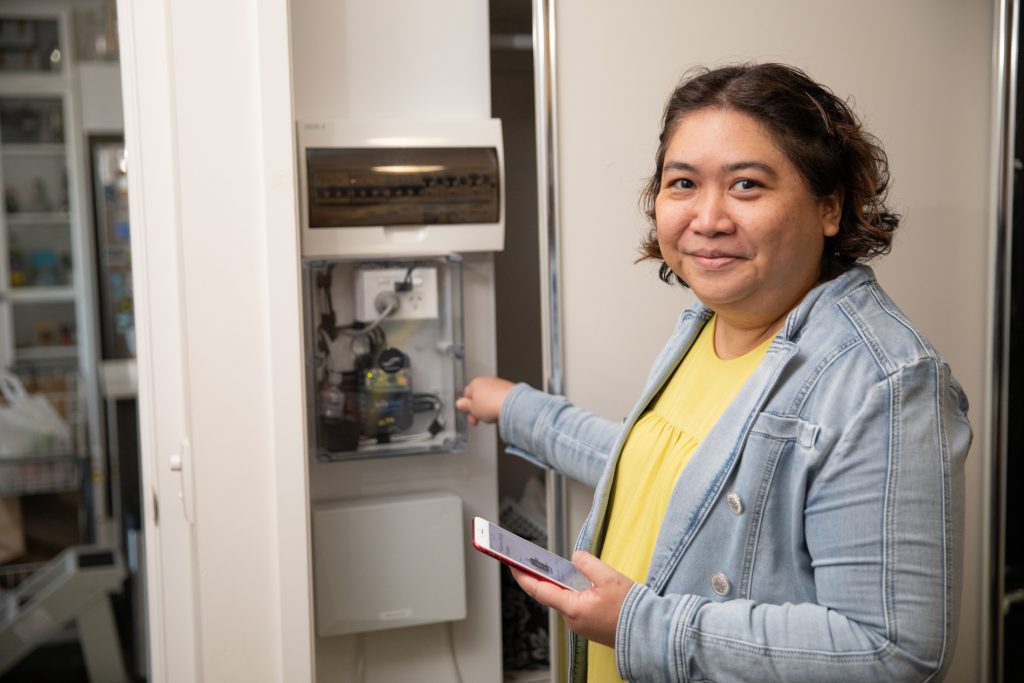
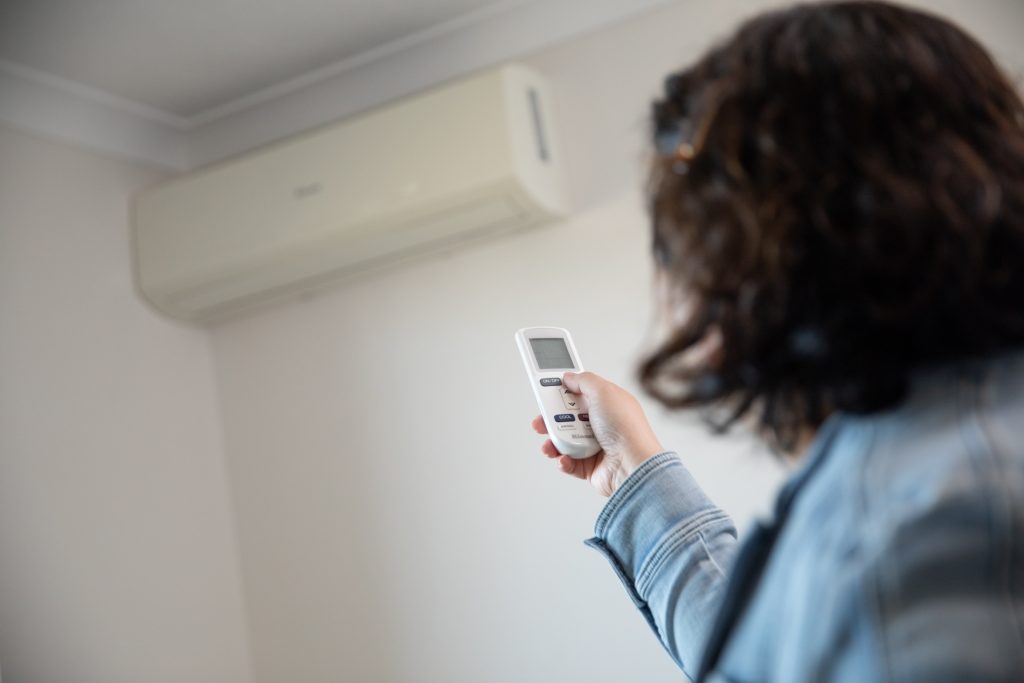
“Make practical changes that you can sustain. And celebrate the wins, no matter how small. I celebrated that my electricity bill did not go up this summer and my usage came down.“
Eliza Hawken
Successes
Waste warrior of one
Living alone in an apartment, one could be forgiven for thinking that there isn’t much in your control to reduce waste emissions. Yet Eliza achieved almost zero waste emissions by reducing food waste, composting and upskilling on recycling. When Eliza joined the Brisbane Carbon Challenge, she spoke with her building manager to see what actions were possible. She learnt that the apartment complex had a composting bin she could use for her fruit and vegetable scraps. She then introduced a bokashi-style compost bin on her balcony to ferment her cooked food waste, so that it can be emptied into a traditional compost bin. Eliza says, ‘Once you’re educated on why you’re doing it, there’s no ‘icky’ factor.’
Eliza also took part in a Recycling 101 webinar run by Brisbane City Council’s waste minimisation team. After finding out the broad options available for recycling organic household waste, such as paper, cardboard and textiles, she ‘now recycles a whole lot more‘.
Awareness leads to change
Champion households tracked their data throughout the program, which led to greater awareness and, ultimately, changed habits and behaviours. Eliza took the 6-week Love Food Hate Waste challenge and one of the activities was measuring her food waste: ‘It was confronting when you’re collecting your food waste and realise how much you put back into landfill.’ This led Eliza to make purchasing decisions to reduce her waste footprint and increase her composting actions.
She used her home energy monitoring system to see the cause and effect of her actions. With real-time access to her energy data, Eliza could ‘adjust [her] actions accordingly and have data to show that it’s working.’ Energy-efficient actions included reducing her air-conditioner use, turning off appliances when not in use and upgrading her lights to energy-efficient LED lights.
Challenges
Driving down transport emissions
Eliza already came into the Brisbane Carbon Challenge with an advantage – she wasn’t a car owner. However, she regularly used ride-share services. Eliza reflected: ‘I wanted (secretly) to completely stop using ride-share and go 100% public transport which I didn’t end up doing because of my long hours at work and the increased number of rainy days. I told myself some things you just can’t do and it’s OK because at least I hit my target for transport.’
Instead of totally switching from ride-share to public transport, Eliza ended up swapping at least two trips per week. She was also able to work from home more days per week, which also resulted in significant savings. These changes allowed Eliza to reduce her transport emissions by an impressive 45%.
Eliza’s top tip:
‘Be kind to yourself as you take on the challenge. Tackle one improvement at a time. Don’t be hard on yourself if the solution doesn’t work out. Approach it in a different way, seek advice from the experts.’
Eliza’s low carbon action plan:
- replaced ride-share use with public transport
- reduced general transport use
- purchased 100% renewable energy (GreenPower)
- used fans instead of air conditioners
- installed window coverings
- upgraded lights to LED
- switched off appliances at the wall when not in use
- took shorter showers
- adjusted set-point on freezer
- reduced food waste
- composted food waste.

